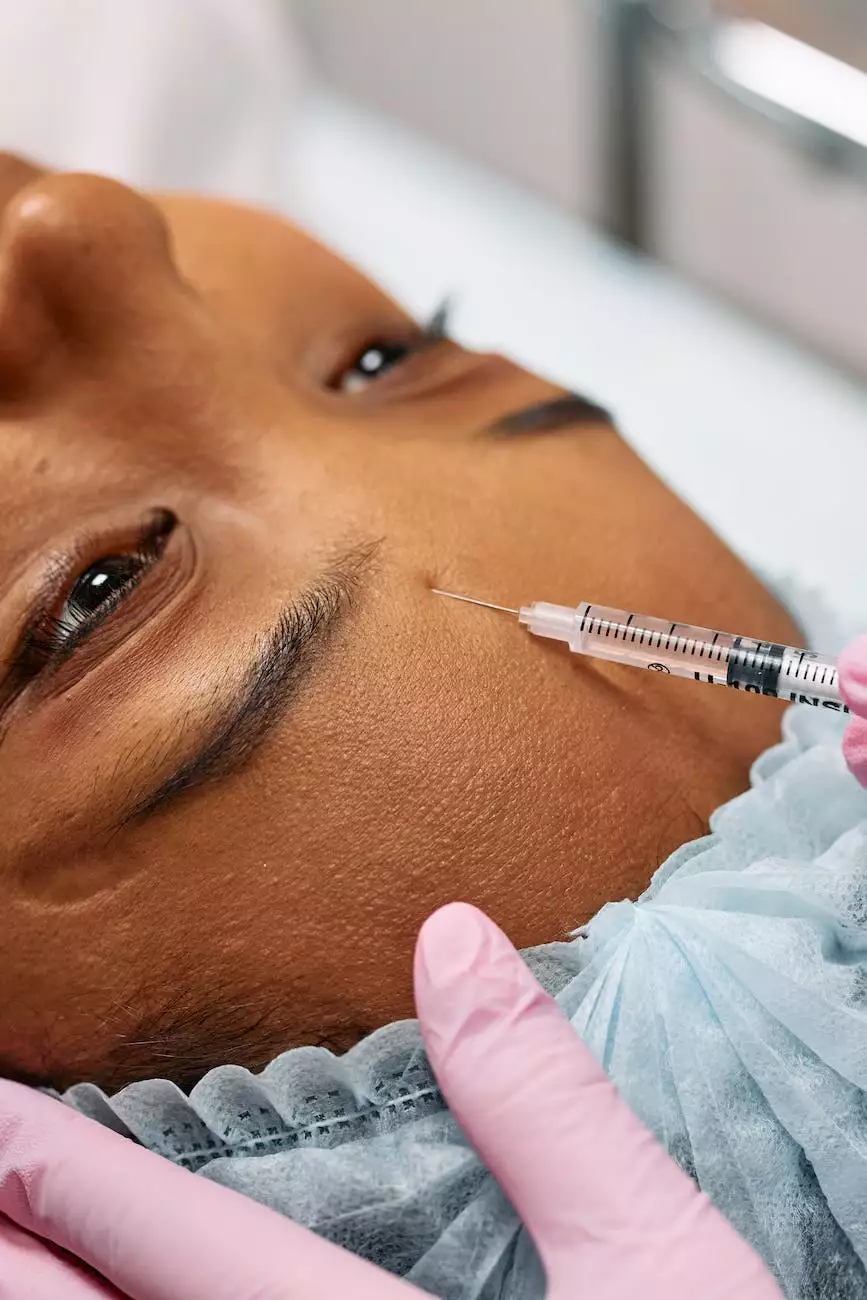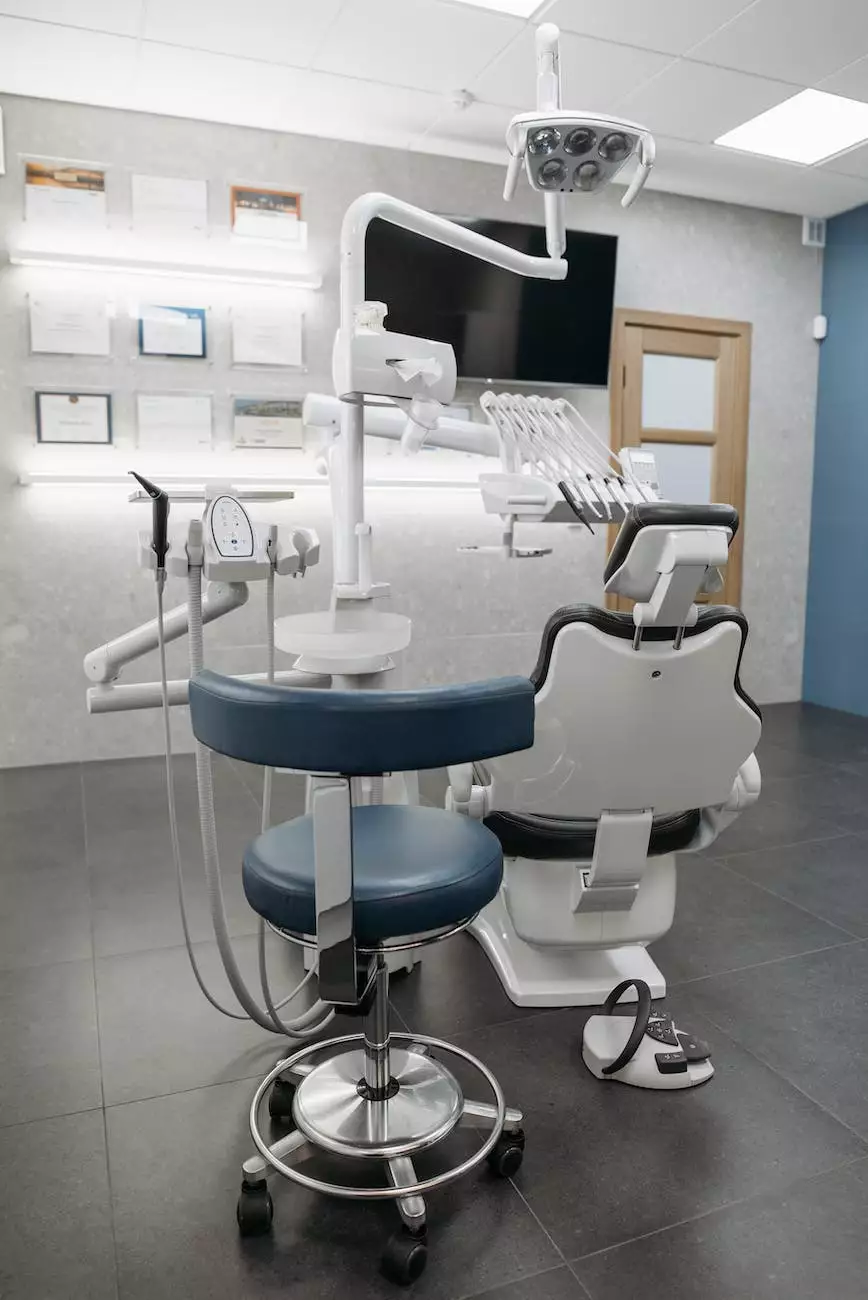What to Expect After Oral Surgery

Introduction
Welcome to Foley James D MD, your trusted oral surgery specialist. In this comprehensive guide, we will walk you through what to expect after your oral surgery procedure. Whether you are having wisdom teeth removal, dental implant surgery, or any other oral surgical procedure, we are here to provide you with all the information you need for a smooth and successful recovery.
Recovery Process
Every individual's recovery process may vary depending on the type and complexity of the oral surgery performed. However, there are some common aspects you can expect during your recovery:
Post-Operative Pain and Discomfort
It is normal to experience some level of pain and discomfort after oral surgery. Your oral surgeon will prescribe pain medications to help manage any discomfort. Take the prescribed medications as directed and inform your surgeon if the pain is not adequately controlled.
Swelling and Bruising
Swelling and bruising are common after oral surgery, especially in the first few days. Applying ice packs to the affected area can help reduce swelling. Be sure to follow your oral surgeon's instructions regarding the duration and frequency of ice pack application.
Restricted Diet
Following oral surgery, you may need to modify your diet to promote healing and prevent complications. Your surgeon will provide you with specific dietary instructions based on your procedure. Generally, it is recommended to stick to soft foods, avoid hot and spicy foods, and refrain from using straws.
Potential Complications
While oral surgery procedures are generally safe, there can be potential complications. It's important to be aware of these and contact your oral surgeon if you experience any of the following:
Infection
If you notice increasing pain, persistent swelling, or foul odor/taste in the surgical area, it could indicate an infection. Contact your oral surgeon immediately for proper evaluation and treatment.
Bleeding
Mild bleeding is normal after oral surgery, but if you experience excessive bleeding that doesn't subside with pressure, contact your oral surgeon. They will provide you with the necessary guidance to address the issue.
Dry Socket
Dry socket is a condition that occurs when the blood clot that usually forms after tooth extraction is dislodged or dissolves prematurely. If you experience severe pain in the extraction site, bad breath, or an unpleasant taste, reach out to your oral surgeon for proper management.
Tips for a Smooth Healing Journey
Here are some tips you can follow to ensure a smooth healing journey after your oral surgery:
Follow Post-Operative Instructions
Make sure to carefully follow all the post-operative instructions provided by your oral surgeon. These instructions are tailored to your specific needs and play a crucial role in your recovery.
Take Rest
Allow yourself ample rest after the surgery. Avoid strenuous physical activities and maintain a relaxed pace to facilitate the healing process.
Maintain Good Oral Hygiene
Despite the sensitivity of the surgical area, it's important to maintain good oral hygiene. Follow your oral surgeon's instructions on brushing, flossing, and rinsing to prevent any potential infections.
Avoid Smoking and Alcohol
Smoking and alcohol consumption can delay the healing process and increase the risk of complications. It's best to refrain from these habits until you have fully recovered.
Contact Your Oral Surgeon
If you have any concerns or questions during your recovery, don't hesitate to contact your oral surgeon. They are there to guide you through every step and address any issues that may arise.
Conclusion
At Foley James D MD, we prioritize providing you with the highest quality oral surgical care and support throughout your recovery journey. Understanding what to expect after oral surgery ensures a smoother healing process and reduces anxiety. Follow our guidelines, take good care of yourself, and trust in our expertise. Your oral health is our top priority.










